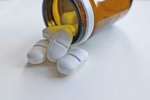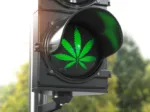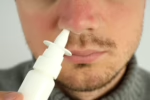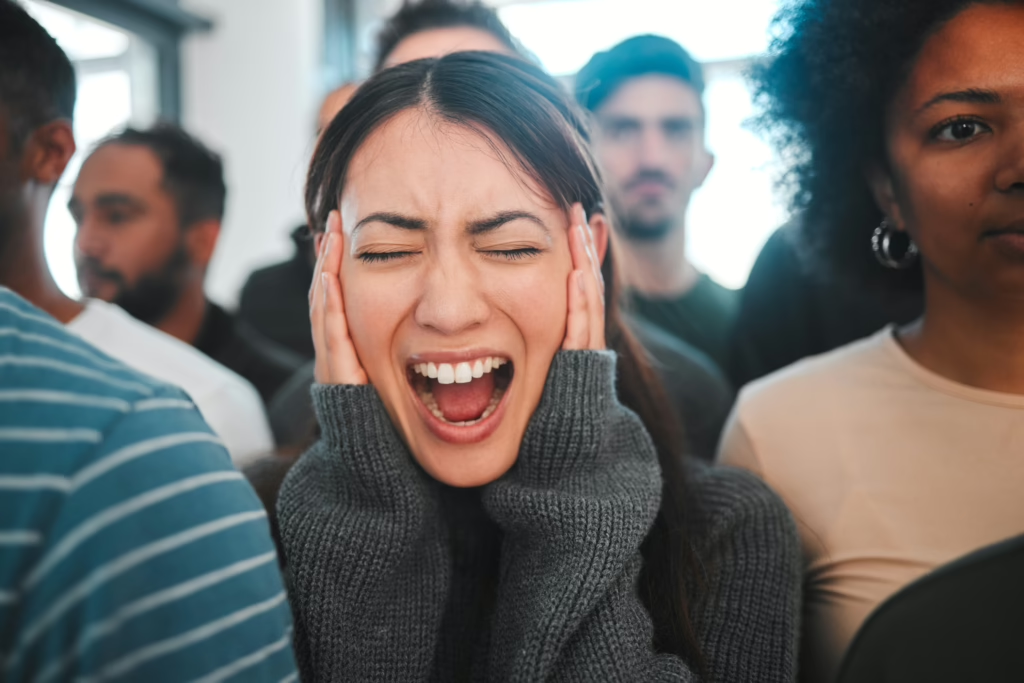Can You Get Addicted to Gabapentin? Understanding the Risks

Gabapentin, also known by its brand names such as Neurontin, is a prescription medication that has become increasingly common in treating a variety of medical conditions. While it is not classified as a controlled substance in many places, its misuse has raised concerns about dependency and addiction. In this blog, we’ll explore why gabapentin is prescribed, how many Americans use it, why it can be addictive and answer other commonly asked questions about this medication.
Why Is Gabapentin Prescribed?
Gabapentin was initially developed to treat epilepsy by reducing nerve activity that leads to seizures. Over time, its uses have expanded significantly. Today, gabapentin is commonly prescribed for:
- Nerve Pain: Gabapentin is highly effective in managing neuropathic pain caused by conditions such as diabetes, shingles or spinal cord injuries.
- Anxiety Disorders: While not FDA-approved for this purpose, some physicians prescribe gabapentin off-label to help manage anxiety symptoms.
- Chronic Pain: Gabapentin is sometimes used as part of a pain management plan, particularly for conditions where opioids may not be suitable.
- Restless Leg Syndrome: The medication can help alleviate symptoms associated with restless leg syndrome (RLS).
- Alcohol Withdrawal: Gabapentin may be used to reduce withdrawal symptoms and cravings in individuals recovering from alcohol dependence.
How Many Americans Use Gabapentin?
Gabapentin has become one of the most widely prescribed medications in the United States. According to data from the National Library of Medicine:
- Over 64 million prescriptions for gabapentin were written in 2020 alone.
- It ranks among the top 15 most-prescribed medications in the country.
- Its increasing popularity is due to its effectiveness and versatility in managing a wide range of conditions.
Why Is Gabapentin Addictive?
While gabapentin is not classified as a controlled substance federally, it has a potential for misuse, particularly when taken in high doses or without medical supervision. Here are some reasons why gabapentin can be addictive:
- Euphoric Effects: In large doses, gabapentin can produce a sense of euphoria or relaxation, making it appealing for recreational use.
- Tolerance Build-Up: Over time, individuals may require higher doses to achieve the same therapeutic effects, leading to misuse.
- Sedative Properties: Gabapentin’s calming effects can lead some users to rely on it for stress relief or sleep, fostering dependency.
- Withdrawal Symptoms: Discontinuing gabapentin abruptly can cause withdrawal symptoms such as anxiety, insomnia and physical discomfort, which can perpetuate misuse.
Commonly Asked Questions About Gabapentin
- Is gabapentin safe when taken as prescribed? Yes, gabapentin is generally safe and effective when taken exactly as prescribed by a healthcare professional. However, it’s important to follow dosing instructions closely to avoid tolerance or misuse.
- What are the signs of gabapentin misuse or addiction? Signs of misuse can include:
- Taking higher doses than prescribed
- Using gabapentin without a prescription
- Experiencing withdrawal symptoms when not taking the medication
- Seeking gabapentin from multiple providers or sources
- Can gabapentin be dangerous when mixed with other substances? Yes, mixing gabapentin with other substances, especially opioids, alcohol or benzodiazepines, can amplify its sedative effects and increase the risk of respiratory depression, overdose or death.
- What are the long-term effects of gabapentin misuse? Chronic misuse can lead to memory impairment, cognitive difficulties, emotional instability and an increased risk of dependency on other substances.
- Can gabapentin withdrawal be managed safely? Yes, withdrawal from gabapentin should be managed under medical supervision. Gradual tapering of the dose is recommended to minimize withdrawal symptoms and ensure safety.
Breaking Free from Gabapentin Dependency
If you or someone you know is struggling with gabapentin misuse or addiction, seeking professional help is essential. Recovery is possible with the right support and treatment plan.
- Detox Support: Medical supervision can help manage withdrawal symptoms safely.
- Therapy and Counseling: Addressing underlying issues and learning healthier coping mechanisms are vital for long-term recovery.
- Aftercare Planning: Continued support through aftercare programs can help prevent relapse and promote sustained wellness.
Empowering Recovery from Gabapentin Dependency
Gabapentin is a powerful medication with many legitimate uses, but its potential for misuse and addiction should not be overlooked. Understanding how this medication works, its risks and the warning signs of dependency can help you make informed decisions about your health.
If you’re struggling with gabapentin misuse or have concerns about addiction, Silvermist is here to help. Contact us today to learn more about our personalized treatment programs and start your journey toward recovery.
For more information, visit Silvermist or call us to speak with a professional.






